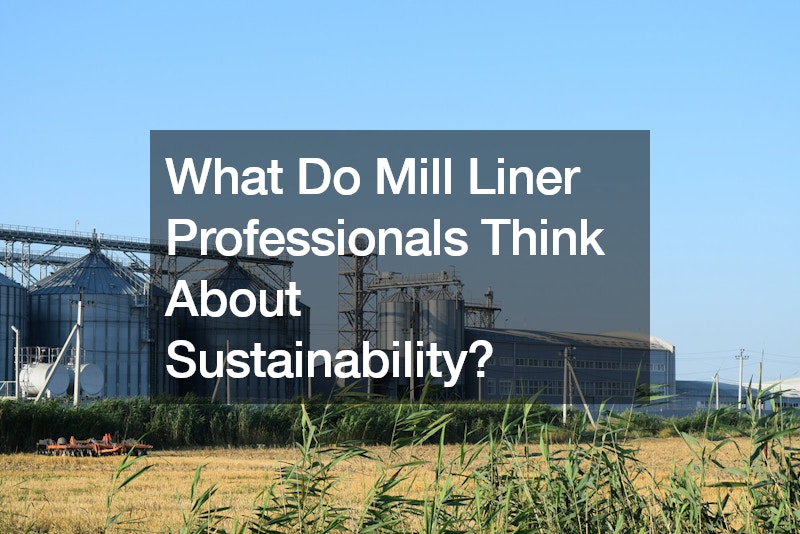Mill liner professionals are increasingly prioritizing sustainability in their industry. They recognize the environmental impact of traditional materials and manufacturing processes and are seeking innovative solutions to reduce their carbon footprint.
Sustainable mill liners, made from recycled materials or using eco-friendly production methods, are gaining traction among professionals in the field.
One aspect of sustainability that mill liner professionals emphasize is the longevity and durability of materials. By investing in high-quality, long-lasting mill liners, companies can reduce the frequency of replacements, leading to less material waste and lower overall environmental impact. Additionally, there is a growing interest in circular economy principles within the industry. Mill liner professionals are exploring ways to reuse and recycle materials, extending their lifespan and minimizing waste. This approach not only benefits the environment but also offers cost savings for companies in the long run.
Furthermore, sustainability considerations extend beyond the materials themselves to the entire lifecycle of mill liners. Professionals are evaluating factors such as energy consumption during production, transportation methods, and end-of-life disposal options to identify opportunities for improvement. Overall, mill liner professionals are embracing sustainability as a core value in their industry, driving innovation and promoting responsible practices to minimize environmental impact while meeting the needs of their clients.


